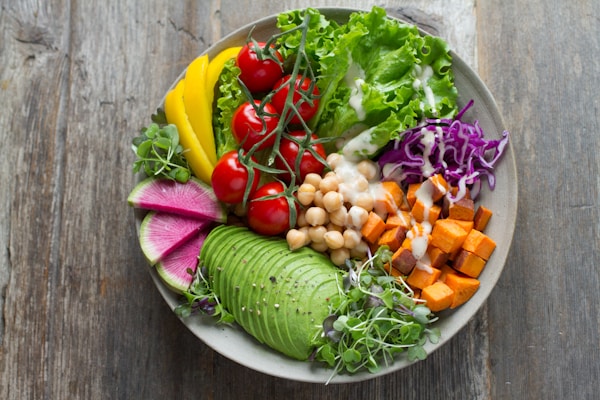Navigating the fertility journey can be a difficult and emotional experience, but prioritizing self-care is essential to your emotional, mental, and physical well-being. For those struggling with fertility, it can be difficult to find the energy to take care of yourself, let alone find the time to focus on your own needs. Whether you’re trying to conceive naturally or with the help of a fertility specialist, here are some tips to help you prioritize and practice self-care throughout your journey.
Enjoy hot baths.

For starters, taking a hot bath is a great way to relax and de-stress. Soaking in a hot bath can help to ease tension in your muscles, as well as reduce stress levels. This can be especially helpful if you’re dealing with the physical and emotional stress that comes with pregnancy challenges. Additionally, taking hot baths can help you to get a better night’s sleep, which is essential for maintaining a healthy lifestyle during your journey. Hot baths can also help to improve circulation in your body, which can be beneficial for your fertility. Circulation helps to bring oxygen and nutrients to your cells, which can help to increase fertility. Additionally, hot baths can help to regulate your menstrual cycle, which can be helpful for those trying to conceive. If you don’t have a tub or you have an old tub, consider getting a tub installation.
Consider infertility treatment options.
Infertility can be an incredibly difficult and emotional time. For many people, the thought of not being able to have children is heartbreaking and can lead to feelings of sadness, frustration, and anger. While it is important to express these feelings and seek out support, it is also important to practice self-care throughout the infertility journey. One way to do this is to consider infertility treatment options. There are a variety of infertility treatments available that can help increase the chances of conceiving. These treatments range from lifestyle changes to more intensive medical options, and they should be discussed with a qualified reproductive specialist. Some of the most common infertility treatments include ovulation induction, intrauterine insemination (IUI), in vitro fertilization (IVF), and intra-cytoplasmic sperm injection (ICSI). Each of these treatments has its own purpose and should be weighed based on your individual needs and goals. Talking to a professional can help answer your questions, such as, “What happens after IUI day by day?” Or, “what is the recovery time after IVF?”
Aim for balance in your diet.

Good nutrition is essential for overall health and is particularly important for fertility. Eating a balanced diet can help you to maintain a healthy weight and provide the nourishment your body needs to boost fertility. A balanced diet is made up of foods from all the major food groups and should include plenty of fruits, vegetables, whole grains, lean proteins, and healthy fats. Try to limit processed and refined foods, sugar, and saturated fats. When it comes to your journey, there is no “one-size-fits-all” diet. What works for one person may not work for another. It’s important to work with a dietitian or nutritionist to create a personalized plan that meets your individual needs. They can help you to make sure you’re getting enough of the essential vitamins and minerals you need to support fertility.
Additionally, this dentist who does orthodontics in Upper East Side highly suggests including a good amount of iron in your diet. This is to prepare your body for pregnancy. Women are more prone to gum diseases when they’re pregnant due to the changes in their bodies. Likewise, they are also more likely to have iron deficiency. Iron is important in keeping the gums healthy, so when your iron supply is depleted, your risk of getting periodontal diseases increases.
Overall, self-care is an integral part of the fertility journey. It is important to take time to nurture and nourish yourself, both physically and mentally, to help manage stress and stay positive. Practicing self-care can help to reduce feelings of isolation, increase resilience and provide an opportunity to connect with your body, mind, and spirit. It is also important to remember to be kind and gentle with yourself throughout the journey.

